The First Time I Became A Dad
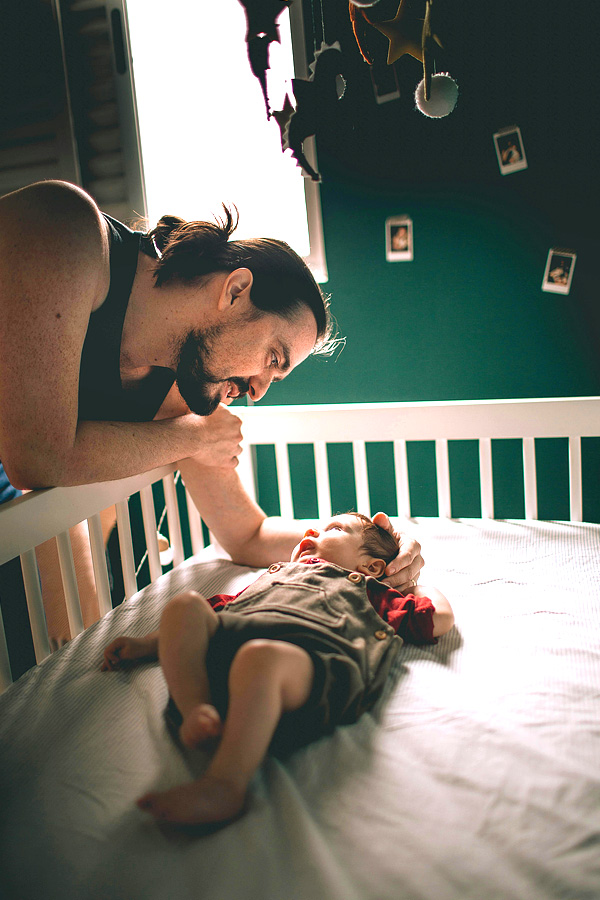
I have wanted to be a father since I was a small child. There are numerous home videos of me as a two-year-old taking care of all my dolls and stuffed animals, rocking them to sleep and making sure that the whole house stayed quiet so that my dolls would not be disturbed. I know I am not unique in being an affectionate, nurturing two-year-old, but this continued with me throughout my childhood. Relational make-believe games were where I was happiest.
In high school, I remember wanting to be a young dad. I was planning my postsecondary education in a way that could give me a career with financial stability to raise a family while also allowing me to be home on evenings and weekends to spend time with them. During my undergraduate degree, I was impatient to meet someone and fall in love so that I could “start my life” and have kids. In graduate school I wrote papers on fatherhood and masculinity and wanted to know as much as I could.
I finally did fall in love with my wife towards the end of graduate school and we got married soon after. We had a few years together as newlyweds and then had the privilege of choosing a time that was right for us to try to get pregnant.
I share all this because it feels like with each sentence, I add privilege and protective factors to my experience as a new dad. Being a father was something I always wanted. I came from an intact family with an involved dad, I had the educational privilege of having access to literature on fatherhood, my wife and I had so much choice throughout our pregnancy journey, we could afford for me to take 12 weeks of paternity leave from work, and we even had incredible social support, through close friends and both of our supportive families.
I had all this going for me and still, the difficulty of being a new dad, especially in those first ten months, was overwhelming. There were miraculous moments, inexpressible joy and deep meaning throughout—definitely—but I also felt so helpless, inadequate, and disconnected. I think I thought it would come more naturally. I think I thought that my emotional and relational personality and education would culminate in just being good at it.
This was not the case. I felt like I was trying so hard and yet could never get it right. I felt like no matter what I did or how hard I worked, I would still miss anticipating the needs of my baby, I could never beat my wife to the bassinet in the night, and it would take me months to finally feel like I was understanding what my wife needed from me.
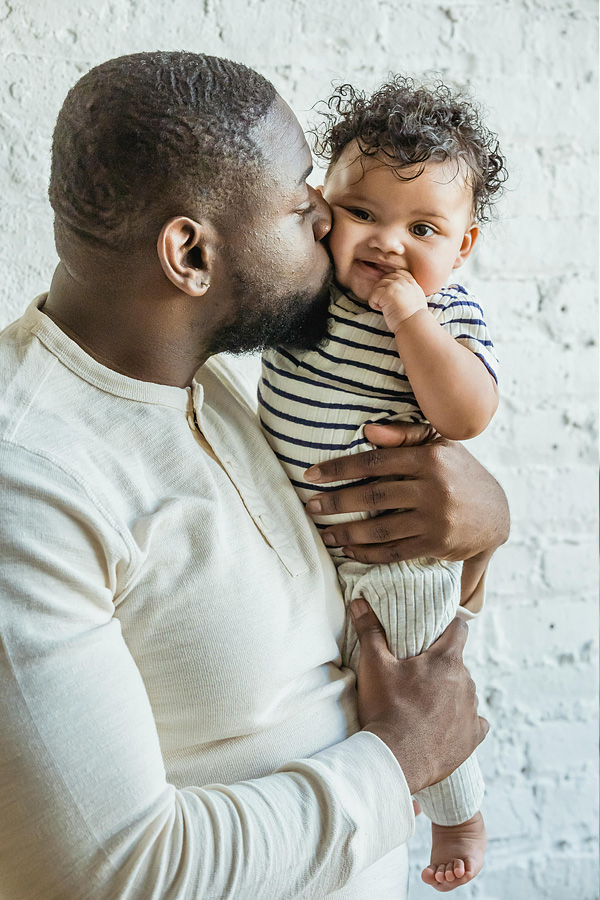
I recently dug into some research on the transition to fatherhood and I was shocked by how similar my experience was with other dads out there. Apparently, there are a lot of us dads nowadays who go into the transition to fatherhood wanting to be an involved dad, but realize when we get there that we’re not prepared to manage the sleep deprivation, natural relational challenges with our partners, and recurring feelings of uselessness that are inevitable in the perinatal period (Baldwin et al., 2018; Genesoni & Tallendini, 2009).
Most new dads tend to have difficulty navigating the tension of work and home, feeling that that their work commitments and felt responsibility of providing for their family hinder them from building relationship with their infant and being present with their partners in the way that they want to be (Shorey & Ang, 2019; Molloy et al., 2022). These factors contribute to fathers feeling unconfident in caring for their infants, distant from both their partner and their baby, and at times insignificant to the process. At the same time, research shows us that fathers’ closeness with their babies usually grows over time (Shorey and Ang, 2019). As fathers spend more time with their infants and have more physical contact with them, they grow to know their baby better and find reward in caring for and playing with them.
One of the more recent systematic reviews of the qualitative literature on first-time fathers’ experiences and needs reviewed 22 studies between 1990 and 2017 that included 341 fathers (Baldwin et al., 2018).
The authors synthesized 23 categories into seven key findings across the perinatal period:
- New fatherhood identity: First-time fathers felt like having a baby was fulfilling their role as men, they recognized that they had to change priorities and responsibilities, and they worried about being a good dad and doing it right.
- Competing challenges of new fatherhood: Fathers spoke of the difficulty of balancing work demands with time spent at home. They experienced relationship deterioration with their partner which included unexpected changes in their sexual relationship, feeling helpless while their partner breastfed, and difficulty bonding with their baby.
- Negative feelings and fears: Fathers had multiple fears relating to themselves, their partner, and their baby. They felt unprepared, not knowing what to expect in each stage, and they often felt useless and excluded throughout the transition to fatherhood.
- Stress and coping: Lifestyle restrictions and changes increased fathers’ stress levels throughout the transition leaving them feeling exhausted, irritable, and frustrated. Fathers tended to ignore the problems outright or cope by escaping into activity such as substance use or hobbies.
- Lack of support: Fathers lacked emotional and practical support from their work or social friends and reported a lack of acknowledgement by health professionals and a lack of resources specifically for them as fathers.
- What new fathers want: Fathers resoundingly wanted more support and guidance in preparing to be a father for the first time and in preparation for how their relationship with their partner would change. Their suggestions included parenting groups with father-peers whom they could learn from, more support from pre-existing friendships and community, and making professional perinatal supports more father-friendly and father-inclusive.
- Positive aspects of fatherhood: Many fathers who tried to be involved with their child described the experience as rewarding and many were able to adjust and change to build more confidence and mastery in the role, especially when they found ways to work well with their partners.
Looking into the research helped me feel less alone.

What helped me move through the difficulty?
- Mindful Self-Compassion. About seven months in, I realized how low I was and how stuck I felt. I needed to do something differently. I noticed that I was constantly disappointing myself and struggling with feeling useless and inadequate. I remembered previous trainings I had done and had even taught on Mindful Self-Compassion (Neff, 2003). By intentionally journaling about and practicing self-compassion—especially working through the Mindful Self-Compassion Workbook (Neff & Germer, 2018) on my lunch breaks—I was able to de-escalate my frustration quicker with my crying baby, be less panicked when I laid awake at night feeling alone, and it became easier to have compassion for my partner and for my baby, which helped to rebuild connection. At a time of overwhelm, feeling at a loss for how to move forward, self-compassion was a practical tool that helped me find my way through.
See a previous ThriveLife blogpost that I have written on self-compassion here. - Reaching out to other dad friends and being honest about where I was at. I felt this pressure to never show weakness and never need help as a new father. I found it difficult to be vulnerable with other dads about how I was doing and feeling and there was this implicit expectation from others for me to be “a rock” for my partner and baby, without acknowledging the difficult emotions I was feeling. Sharing how I really felt with other dads in my life helped me feel less alone and less crazy and gave me some grounded hope that things get better.
- Finding ways to move more. I’m not a “fitness person,” per se. It’s never been a high value of mine. I typically value things like delicious food, freedom, and comfort over discipline and self-torture. If I therapize myself for a second, though, it’s probably more about my all-or-nothing perfectionism, not liking the feeling of not being very good at something, or even internalized identities that were part of me in grade seven that I’m scared to let go of, ANYWAY, I started going to the gym and this changed the game for me. I was able to carve space in the morning before my baby or wife woke up (I’m definitely not a morning person either, so go me!) so that there was minimal extra burden on my partner in order for me to do something for my health. This gave me time for myself, I could engage in music and audiobooks that helped me feel more like me, I started to feel stronger in my body, I had better sleep and I even got a little more energy over time.
- One-on-one therapy. I looked up a therapist that I had worked with as a client in the past and I got reconnected. It was powerful to have a dedicated space to relieve some of my stress and feel some of my feelings without putting extra burden on my partner. I did these sessions online so that I could do it during my daughter’s naps or in the evening when she was already sleeping, again, aiming to not put extra load on my partner.
- Couples therapy. When my daughter was about 10 months old and we felt comfortable enough to leave her with family for an extended period (every parent has a different comfortability with this and that’s alright), my wife and I attended a Hold Me Tight couples therapy workshop over two Saturdays (see resource below). This helped us spend quality time together without our baby and have hard conversations in a safe way about where we were at, what each other needed, and how to go about strengthening our relationship post-partum. After this workshop, we did some couples therapy with a Registered Psychologist to get into the details of our post-partum dynamic and more effectively move forward together and connected.
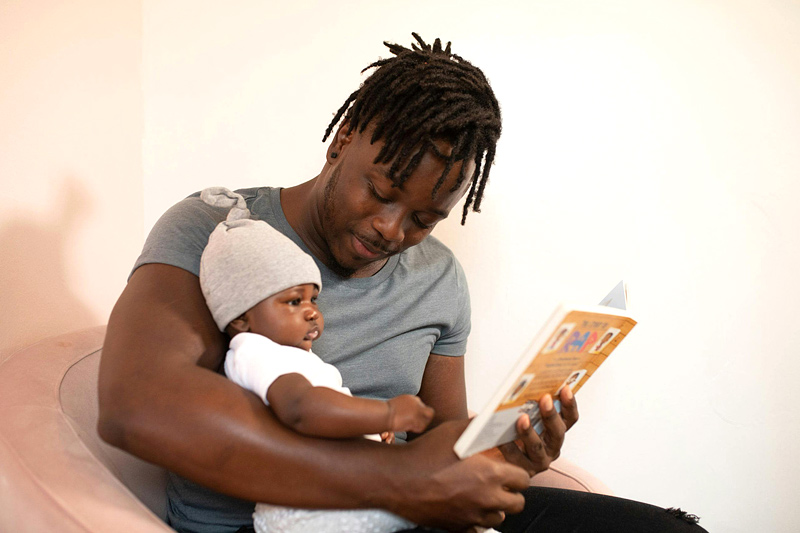
My first daughter is now two-and-a-half years old. She is thriving and her and I have the specialest of relationships. My wife and I are also doing well, connected and communicative. Our second daughter is five months old, so we are certainly in the throes of another post-partum period, but more on that in another upcoming blog post. Stay tuned.
Resources I Wish I Had Earlier
Parenting and Relationship Courses:
- Expectant Dad’s Class (Online) by The Centre for Men’s Excellence: https://www.menexcel.com/parenting-classes-in-san-diego-for-dads/
- Hold Me Tight Workshop by Vancouver Couple & Family Institute: https://vcfi.ca/events/
Books:
- Parental Mental Health: Factoring in Fathers by Jane I. Honikman & Daniel B. Singley
- The New Father: A Dad’s Guide to the First Year by Armin A. Brott
- Good Inside: A Guide to Becoming the Parent You Want to Be by Becky Kennedy
- Baby’s Best Chance: https://www.healthlinkbc.ca/pregnancy-parenting/babys-best-chance
- Toddler’s First Steps: https://www.healthlinkbc.ca/pregnancy-parenting/toddlers-first-steps
Other ThriveLife blog posts related to the Perinatal Experience:
Signs of Parenting Anxiety

Signs of Postpartum Anxiety
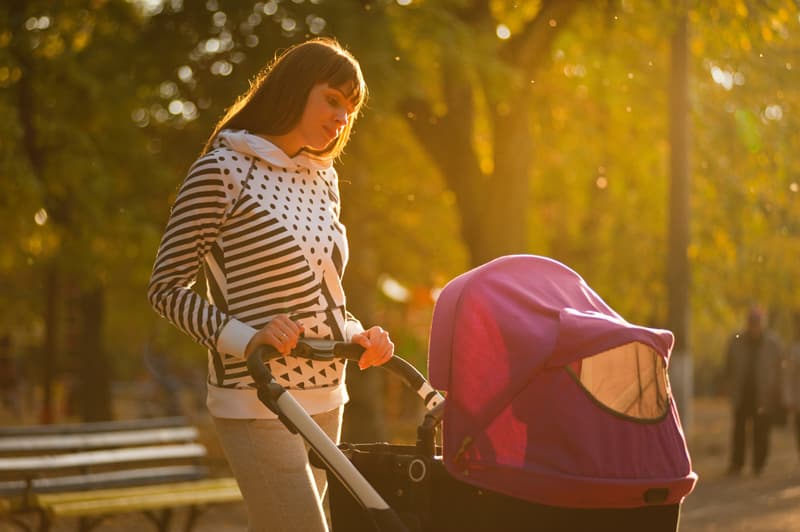
Signs of Postpartum Depression

Attachment Parenting Skills

Body Image During Pregnancy and Postpartum

Coping with Fertility Concerns

Preparing your relationship for Bringing Baby Home

Professionals: Assessing Birth Partner Trauma
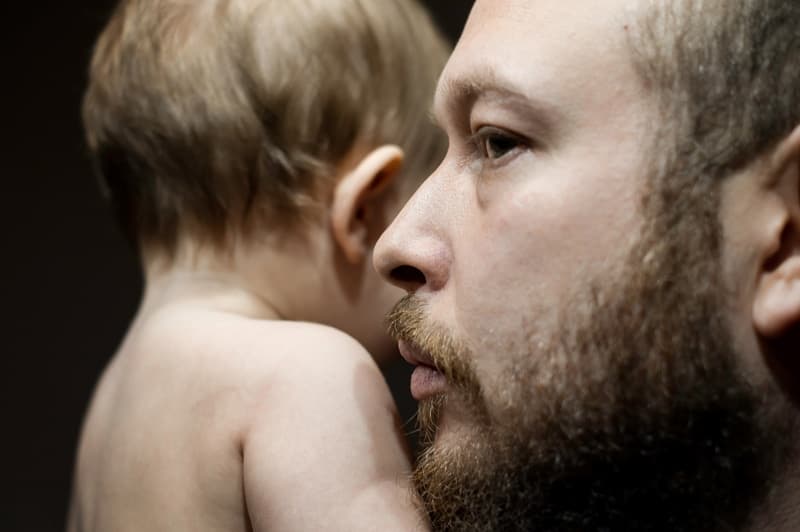
Birth Trauma: Help for Moms
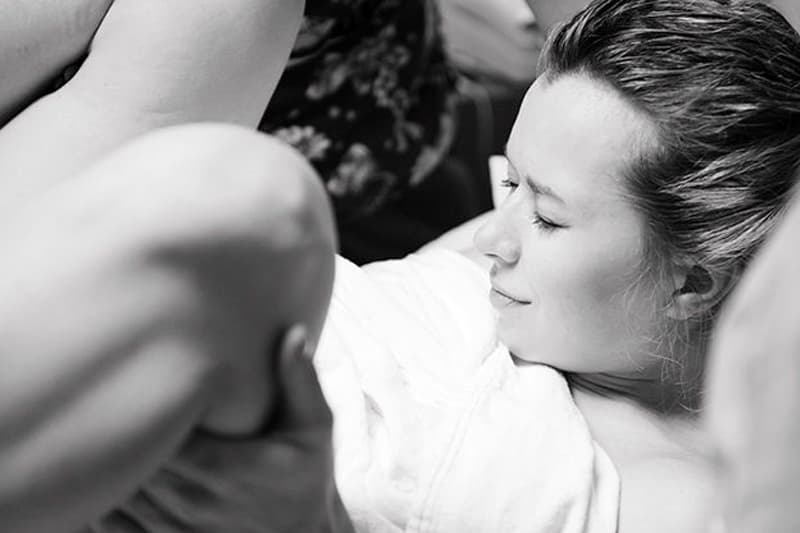
Birth Trauma: Help for Partners

5 Ways to Practice Self-Care During the Perinatal Period

The First Time I Became a Dad
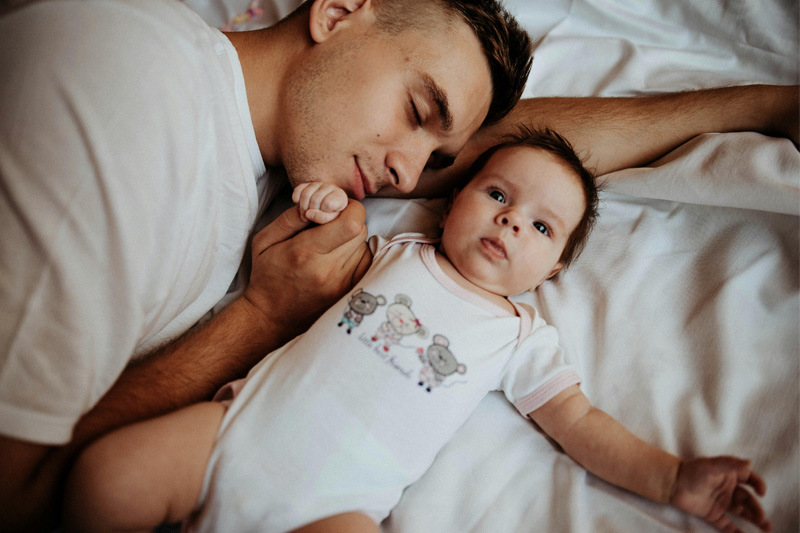
Embodiment and Yoga Therapy

10 Benefits of Family Therapy

Book Review: The Invisible String
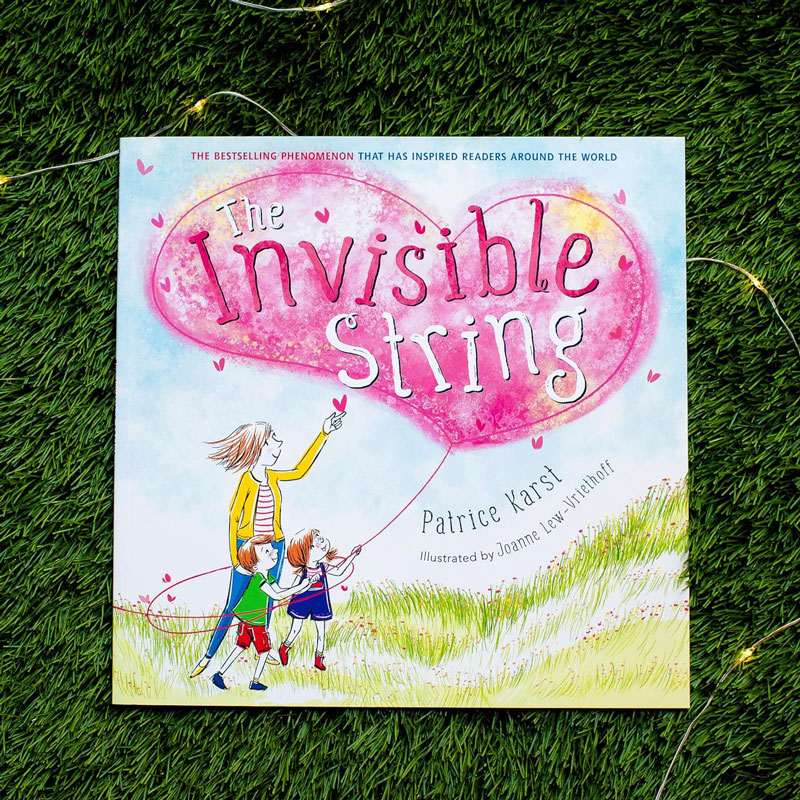
Counselling for sexual abuse and sexual trauma doesn’t need to be scary.
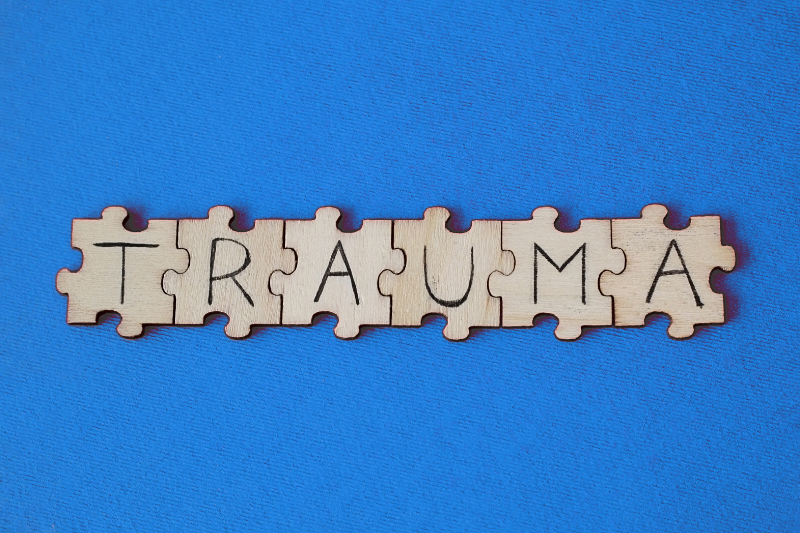
Self-Confidence and performance anxiety for elite athletes

*Some excerpts taken from the Introduction and Literature Review chapters of my Master’s thesis on new dads and their experiences of coping well in the post-partum period and growing in being more compassionate towards themselves.
